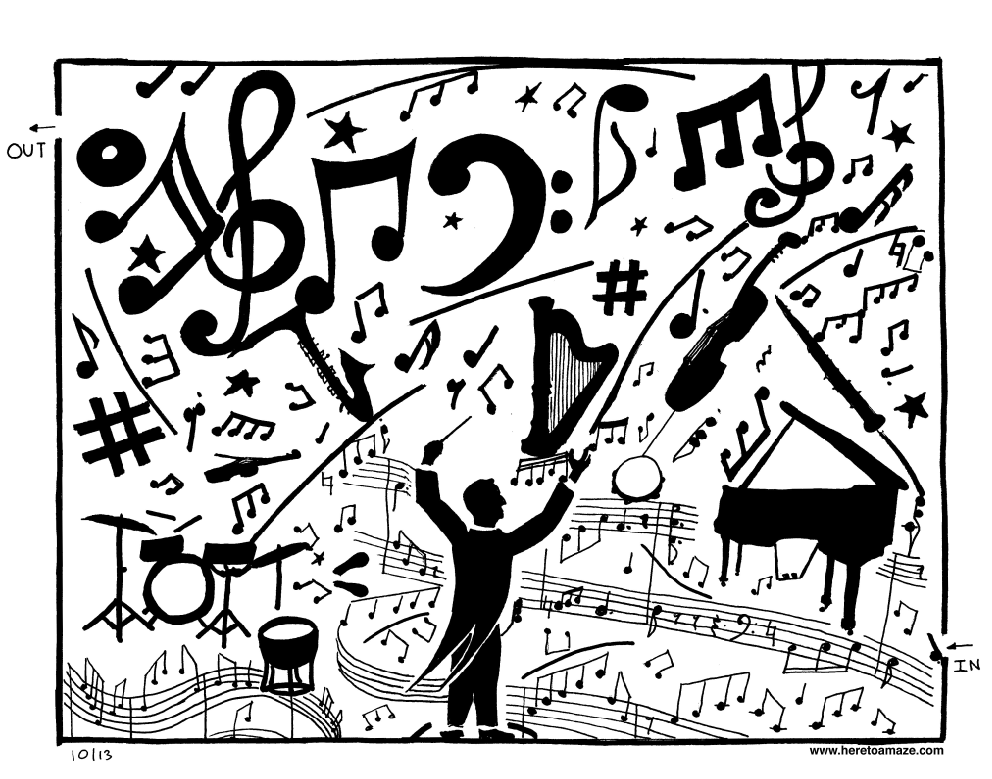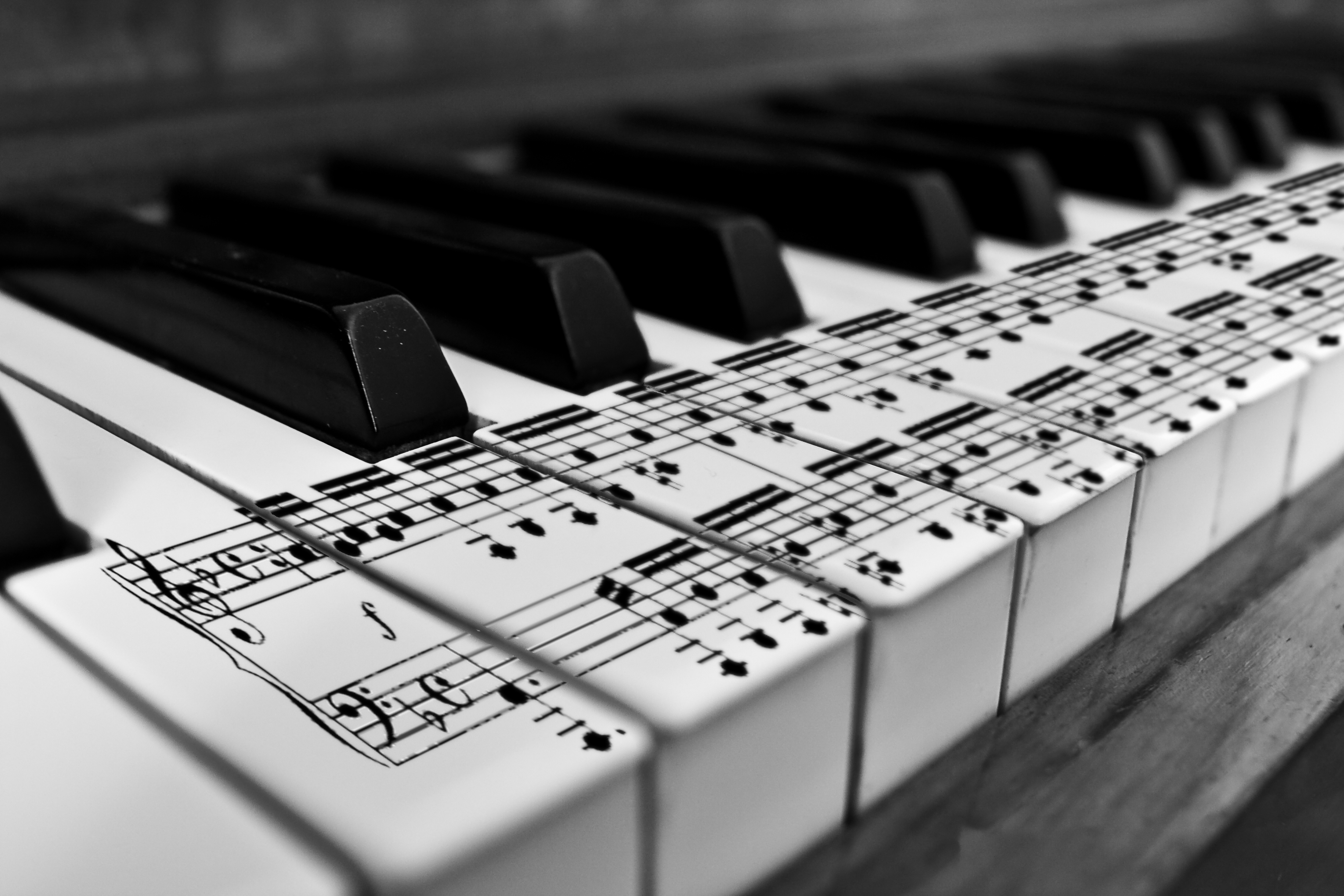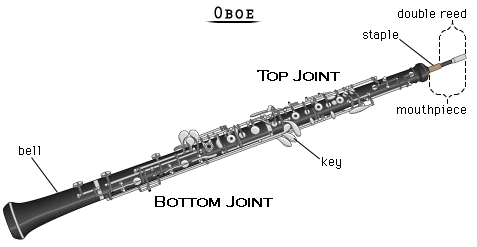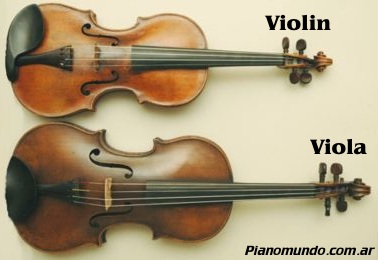THE SITUATION:
For most students, you start playing instruments when you get into middle school and join the band. Inevitably, there is a less than ideal spread of instruments across the already small group so any music teacher at the beginning of the year goes through a period of persuasion mixed with a little begging to get enough people to transfer to a new instrument in order to allow them to successfully get through another Sousa masterpiece.
For me, I started sixth grade prepared and ready to go with trombone, automatically putting me above the transfers to my section and setting me up to be ahead of the curve from the very beginning. Here are 8 instruments that will help make you a more competitive musical participant from the start.

WHICH 'WICH - HOW TO CHOOSE?
It’s all about meeting needs, my friends. Do most bands really need another flute or trumpet player? I ventured to say no, most likely not. So where is the most need?
1. Piano

Nothing like starting off with an exception – in the case of piano, despite the fact that the theory of competition means you will be up against just about half of all musicians, since piano is one of the most popular instruments in the world, piano will make you more competitive outside of your competitiveness. And the reason is because you won’t play piano as your main instrument, just as your first. Getting started with music by learning piano is a fantastic way to learn music theory, muscle dexterity, sight reading, familiarity with most treble and bass clef, and a wide musical range. It will get you thinking in chords and progressions instead of single notes which will contextualize everything you play from then on as a part of a whole instead of falling into the mistake of thinking your saxophone part is the only important sheet of music in the whole score. Musicians who also play piano are inevitably more valuable and get off to a stronger start than those who jump right into their wind or string instrument.
2. Oboe

Ahhh, the dulcet notes of a double reed – the oboe and the following bassoon are both just about as niche as the reed instruments come and yet still routinely needed. Playing oboe ensures you are needed and appreciated in both orchestras and wind ensembles. Also, unlike most competitive instruments, oboe has many famous solos and themes, so you can still have some of the spotlight without playing trumpet.
3. Bassoon

While in less demand than its slim-fitting cousin, the oboe, the bassoon is also a great niche instrument. Although you may be limited to more high-brow groups, you will be by default working with orchestras and more high performing groups and that’s not always a bad thing. It means that while you might not be playing bassoon during half-time for your marching band (see baritone sax), you will be almost automatically qualified to perform with your local honor orchestras or wind ensembles. Peer group, peer group, peer group.
4. French Horn

The noble French horn – if you’ve ever heard the soaring sounds of a Copland score you should understand the magnetism of the French horn. Its beautiful sound and truly strange playing method (hand in bell anyone?!) will set you apart while also providing a great array of music featuring french-horn parts.
5. Trombone

My favorite of all brass instruments – not just because it has an awesome slide and not just because it’s my base instrument, the trombone is a fantastic instrument for strategic reasons as well. While in low brass, the trombone still has more of a tenor voice which makes it a great voice for some solo or featured themes in music. It also is the most likely of all the low brass instruments to be needed – whereas you might only need a few tubas, you could several trombonists and still not be saturated as a section and it holds a flexible position within the concept of a low brass section. For example, in a jazz band, the trombone is a huge part of the overall low brass sound. Paired with maybe a stand-up bass and a baritone saxophone that might be it, while in an orchestra it can perform as more of a tenor voicing. Furthermore, it is fantastic as far as musical choice goes – be it jazz, orchestral classical music, ska, or marching band, trombone has great musical participation across the spectrum so that no matter what your musical interests you can find something fun to play. Flexibility, lack of saturation, and musical reach – the trifecta!
6. Viola

7. Tuba

The bass foundation of any wind ensemble or marching band, being an excellent tuba player is a rare thing and one that will put you immediately in the good graces of the band teacher. Get at those brownie points!
8. Stand-up Bass

See anything you like?
Now that you've been giving the low-down - which will you choose?
For the trombone leaning players out there be sure to check out my site, www.trombonelesson.com for information about rates and a free first lesson!
For the parents out there, be sure to chekc out our free eGuide explaining a little more about how music can be beneficial to your child's development and future success. Follow the link below to get your download today!



